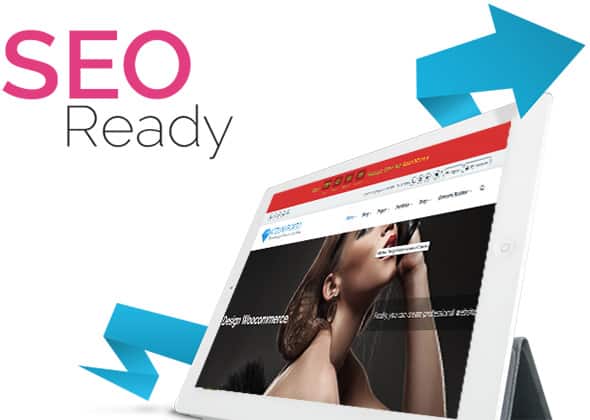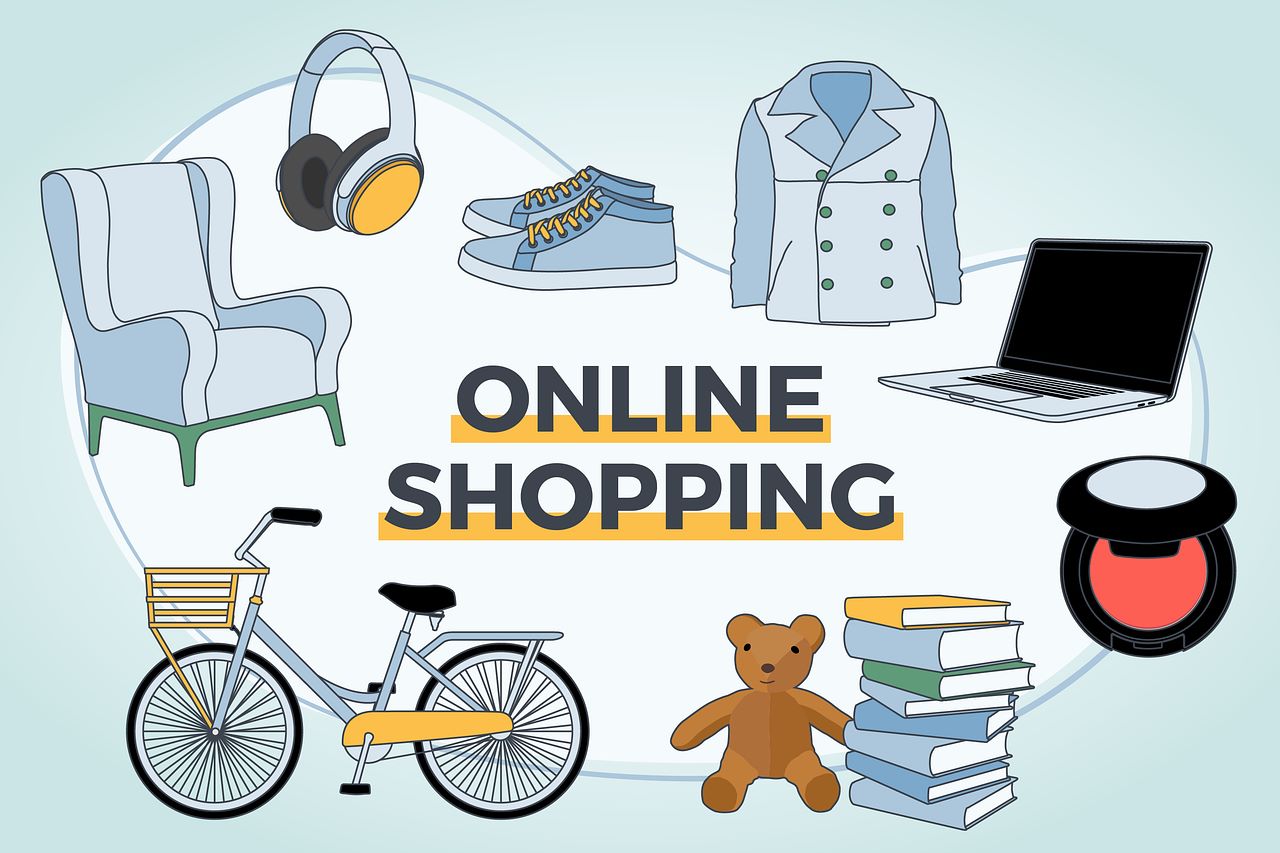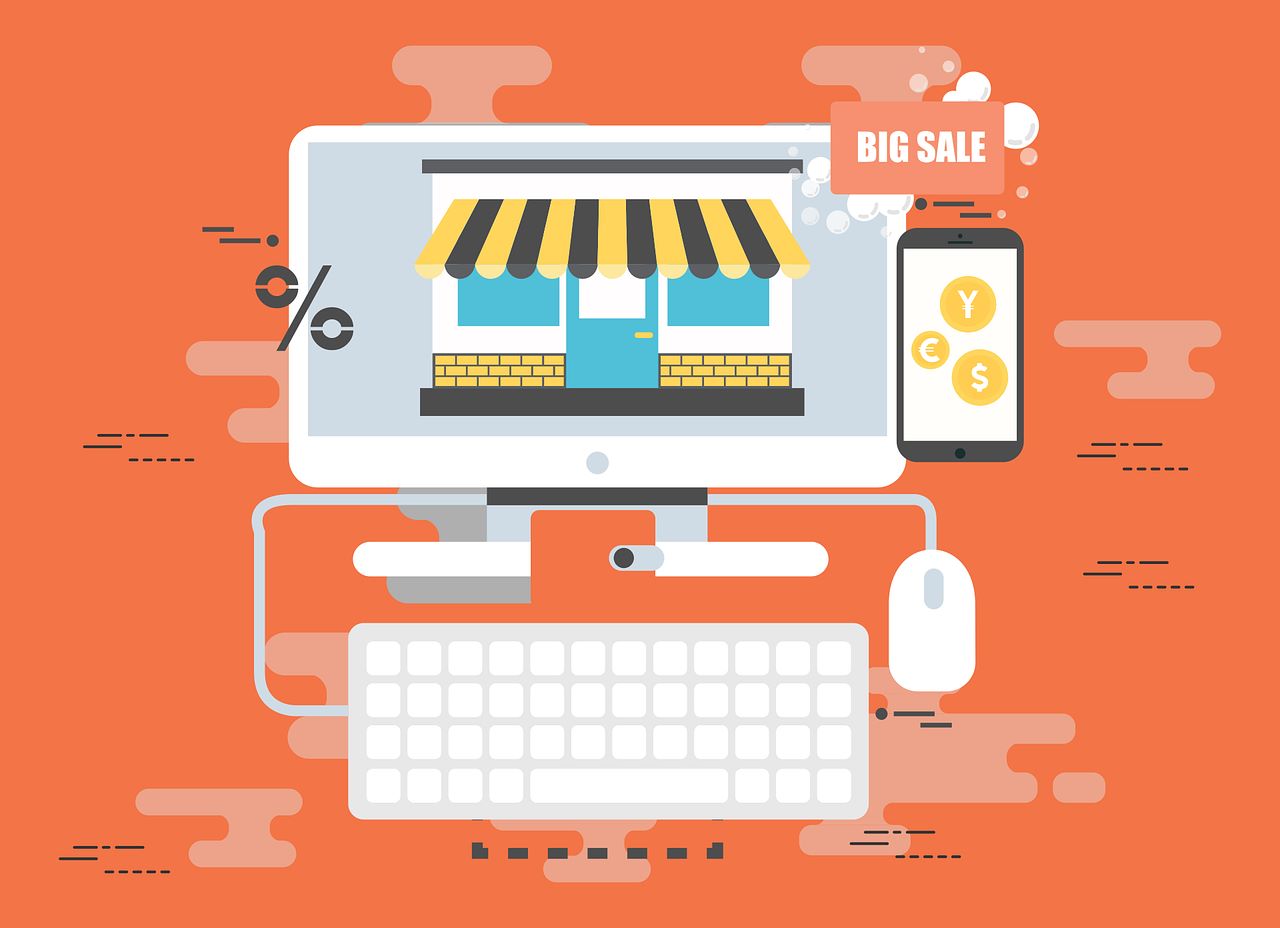Third-Party Logistics (3PL) Providers: Definition and Overview
Third-Party Logistics (3PL) providers are specialized companies that offer comprehensive logistics and fulfillment services to businesses, essentially taking over the entire fulfillment process on behalf of their clients.
This partnership allows businesses, particularly online retailers, to outsource operations such as inventory storage, order processing, packaging, and shipping to experts in logistics, thereby enhancing efficiency and scalability while focusing on core business activities.
Core Services Offered by 3PL Providers
- Inventory Storage: 3PL providers offer warehousing solutions where businesses can store their inventory. These facilities are equipped with the necessary infrastructure to keep products safe and well-organized.
- Order Processing: Upon receiving orders from the retailer’s e-commerce platform, 3PLs handle the picking and packing of products according to specific requirements.
- Packaging: Many 3PL providers offer customizable packaging options, allowing businesses to maintain their brand experience through the unboxing process.
- Shipping and Distribution: Leveraging their logistics networks, 3PLs manage the shipping process, including the selection of carriers and tracking of shipments to ensure timely delivery.
- Returns Management: Handling returns efficiently is crucial for customer satisfaction. 3PLs can manage the returns process, including receiving returned items, assessing their condition, restocking eligible items, and processing exchanges or refunds.
Advantages of Using 3PL Providers
- Scalability: 3PLs can easily adjust to fluctuating inventory levels and order volumes, making it easier for businesses to scale up or down as needed.
- Cost-Effectiveness: By pooling resources from multiple clients, 3PLs can offer competitive rates for storage and shipping, potentially reducing logistics costs for businesses.
- Expertise and Efficiency: Leveraging the expertise of 3PL providers in logistics and fulfillment can lead to more efficient operations, minimizing errors and improving delivery times.
- Focus on Core Business: Outsourcing logistics to a 3PL allows businesses to concentrate on product development, marketing, and other core activities that drive growth.
- Global Reach: Many 3PL providers have international logistics networks, making it easier for businesses to expand into new markets without the need to establish their own logistics infrastructure.
Considerations When Choosing a 3PL Provider
- Alignment with Business Needs: The chosen 3PL should align with the business’s specific logistics needs, including the ability to handle the types of products sold, accommodate peak seasons, and meet delivery speed expectations.
- Technology Integration: The 3PL’s technology should seamlessly integrate with the business’s e-commerce platform, ensuring real-time visibility into inventory levels and order status.
- Communication and Reliability: Effective communication channels and reliability in meeting service level agreements (SLAs) are crucial for a successful partnership with a 3PL provider.
3PL providers offer a viable solution for online retailers looking to outsource their fulfillment operations.
By partnering with a 3PL, businesses can leverage the provider’s expertise, infrastructure, and economies of scale to enhance their logistics operations, improve customer satisfaction, and focus more resources on growth and development.
The decision to use a 3PL should be based on a thorough assessment of the business’s specific needs, growth plans, and the potential benefits and considerations of such a partnership.
Advantages of Partnering with 3PL Providers for Online Retailers
Third-Party Logistics (3PL) providers offer a range of benefits that can significantly enhance the operational efficiency and growth potential of online retail businesses.
By outsourcing logistics and fulfillment operations to 3PLs, retailers can leverage their expertise and infrastructure to streamline processes, reduce costs, and improve customer satisfaction.
Here are the key advantages of engaging with 3PL providers:
-
Focus on Core Business Activities
- Strategic Allocation of Resources: Partnering with a 3PL allows online retailers to redirect their resources—both time and capital—towards areas that directly contribute to growth, such as product development, marketing, and customer service.
- Reduced Operational Complexity: By offloading the complexities of logistics and fulfillment, businesses can simplify their operations, making it easier to manage and scale their activities.
-
Scalability
- Flexible Operations: 3PL providers can quickly adapt to changes in order volume, whether it’s scaling up to handle peak season demands or scaling down during slower periods. This flexibility supports business growth without the need for significant upfront investments in logistics infrastructure.
- Market Expansion: With access to a 3PL’s extensive logistics network, online retailers can more easily expand into new markets, including international territories, without the logistical challenges and costs associated with setting up their own fulfillment operations.
-
Access to Advanced Logistics Networks
- Efficient Shipping and Distribution: 3PLs have established relationships with shipping carriers and access to bulk shipping rates, which can lead to faster delivery times and lower shipping costs. Their expertise in optimizing shipping routes and managing logistics operations further enhances efficiency.
- Advanced Technology and Systems: Top-tier 3PL providers invest in cutting-edge logistics technology, offering online retailers access to sophisticated inventory management, order processing, and tracking systems. This technology integration provides real-time visibility into the fulfillment process, improving inventory accuracy and enabling better decision-making.
-
Cost Savings
- Economies of Scale: By leveraging the 3PL’s infrastructure and shared resources, online retailers can achieve economies of scale, reducing per-unit storage and fulfillment costs.
- Variable Cost Model: The cost structure with a 3PL typically varies based on usage, transforming fixed operational costs into variable costs that align more closely with revenue, improving cash flow management.
-
Expertise and Compliance
- Logistical Expertise: 3PLs bring extensive knowledge and experience in logistics management, staying abreast of industry best practices and technological advancements. This expertise helps in navigating complex logistics challenges efficiently.
- Regulatory Compliance: For businesses shipping internationally, 3PLs can manage the intricacies of customs clearance, import/export regulations, and compliance, reducing the risk of delays or penalties.
The decision to partner with a 3PL provider offers online retailers significant strategic advantages, from the ability to focus on core business functions and achieve scalable growth to accessing advanced logistics networks and technology.
These benefits position businesses to compete more effectively in the dynamic online retail market, enhancing operational efficiencies, expanding market reach, and ultimately driving customer satisfaction and business growth.
Challenges of Partnering with Third-Party Logistics (3PL) Providers
While partnering with 3PL providers presents numerous advantages for online retailers, such as scalability, cost savings, and access to logistics expertise, it also introduces certain challenges.
Key among these are potential loss of control over the fulfillment process and dependency on the 3PL provider’s performance.
Understanding these challenges is crucial for businesses to mitigate risks and ensure a productive partnership.
-
Reduced Control Over the Fulfillment Process
- Customization and Branding: Outsourcing to a 3PL can limit a retailer’s ability to customize packaging and the overall unboxing experience, which can be a significant component of the brand’s value proposition.
- Operational Visibility: Relying on external providers might result in less visibility and control over day-to-day operations, making it more challenging to address issues promptly or make quick adjustments based on real-time data.
Strategies to Mitigate:
- Clear Communication: Establish clear communication channels and regular check-ins with the 3PL to stay informed and involved in key decisions.
- Service Level Agreements (SLAs): Negotiate detailed SLAs that specify packaging requirements, handling instructions, and performance metrics to maintain control over the fulfillment quality.
-
Dependency on 3PL Provider’s Performance
- Service Quality: The retailer’s reputation can be impacted by the 3PL’s performance, including their ability to fulfill orders accurately and on time. Any lapses in service quality directly affect customer satisfaction and loyalty.
- Scalability and Flexibility: The retailer’s growth can become constrained by the 3PL’s capacity to scale operations or adapt to changing business needs efficiently.
Strategies to Mitigate:
- Thorough Vetting Process: Conduct a comprehensive vetting process, including reference checks and performance history reviews, before selecting a 3PL provider.
- Diversification: Consider partnering with multiple 3PLs or maintaining a hybrid fulfillment model to reduce dependency on a single provider and increase flexibility.
-
Integration and Compatibility Issues
- System Integration: Challenges in integrating the retailer’s e-commerce platform with the 3PL’s systems can lead to inefficiencies, data inaccuracies, and delays in order processing.
- Technology Alignment: The 3PL’s technology stack and capabilities may not fully align with the retailer’s current or future needs, potentially limiting the effectiveness of the partnership.
Strategies to Mitigate:
- Technology Assessment: Prioritize 3PLs that offer robust, flexible technology platforms with proven integration capabilities with a wide range of e-commerce systems.
- Pilot Programs: Implement pilot programs to test the integration and ensure systems work seamlessly together before fully committing to the partnership.
Choosing to partner with a 3PL provider is a strategic decision that can unlock significant advantages for online retailers.
However, it’s important to approach this decision with a full understanding of the potential challenges, particularly regarding control and dependency.
By implementing strategies to mitigate these risks, retailers can foster a productive partnership with their 3PL provider, ensuring that the collaboration enhances their operational efficiency, supports growth, and maintains high levels of customer satisfaction.










